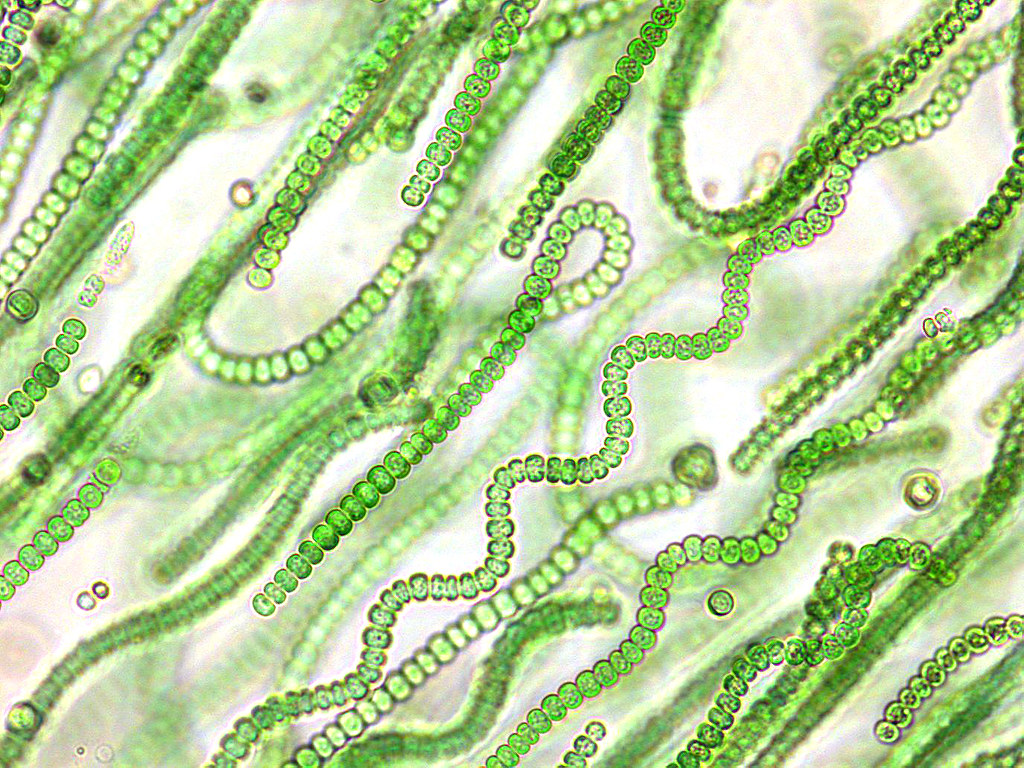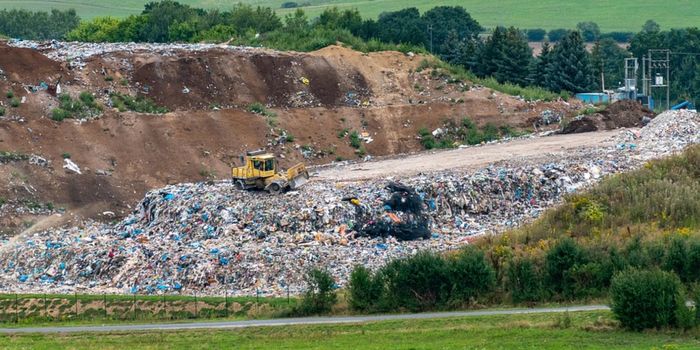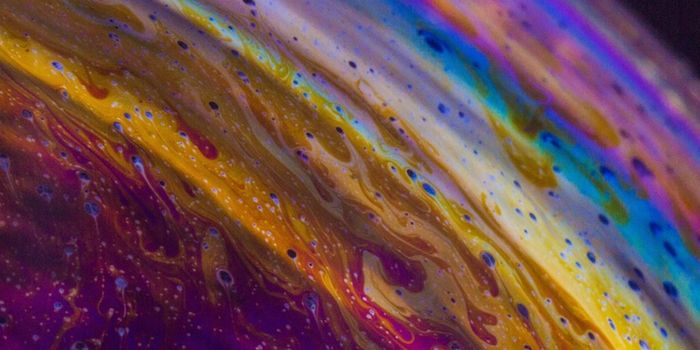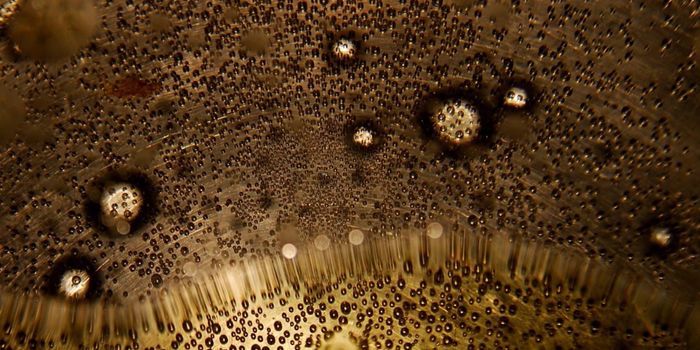Researchers at the University of Waterloo think cyanobacteria contributed to the “
Great Oxidation Event” (GOE). The GOE was the biological introduction of oxygen (O
2) into the atmosphere, about 2.3 billion years ago. It is the point at which organic and inorganic matter could no longer absorb oxygen, and it built up in the atmosphere.
Cyanobacteria are photosynthetic bacteria that appeared on Earth about 200 million years before the GOE. They are often referred to as blue-green algae (although they are, in fact, bacteria). Like modern plants, they use chlorophyll for photosynthesis, and there is evidence that
chloroplasts are the remnants of symbiotic cyanobacteria.
According to study author Brian Kendall, “the onset of Earth’s surface oxygenation was likely a complex process characterized by multiple whiffs of oxygen until a tipping point was crossed … until now, we haven't been able to tell whether oxygen concentrations 2.5 billion years ago were stable or not. These new data provide a much more conclusive answer to that question”.
The group found evidence of oxygen “whiffs” in black shale deposits that are part of an ancient ocean in Western Australia. They looked for two osmium isotopes in the shale deposits,
187Os and
188Os. The ratio of these isotopes tells scientists whether the deposits were exposed to atmospheric oxygen. The group concluded that the levels of atmospheric oxygen fluctuated for some time after the rise of photosynthetic organisms leading up to the GOE.
While the GOE was good news for future oxygen-breathing humans, it was catastrophic for many organisms. Since oxygen is toxic to obligate anaerobes, cyanobacteria may have been responsible for their extinction.
Sources:
Science Daily,
Genome Biology, Wikipedia,
UC Berkeley









